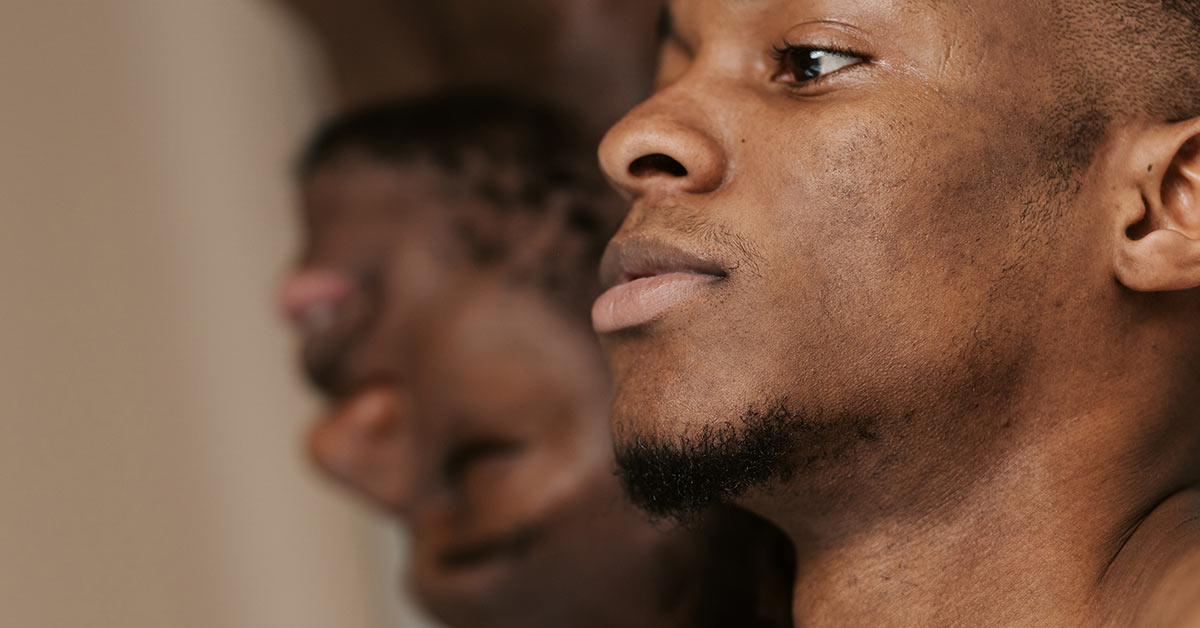Africa: Anti-LGBTQI+ laws hamper efforts to combat HIV

In many African countries, anti-gay legislation and discrimination against LGBTQI+ individuals have created significant barriers to healthcare access.
One critical area that is deeply affected is the availability and accessibility of HIV/AIDS treatment (ART). These restrictive laws and discrimination not only perpetuate social injustice but also hinder the efforts to combat the HIV/AIDS epidemic in the region.
Discrimination and Stigma
Anti-gay legislation and prevailing social stigma in African countries results in many LGBTQI+ individuals being hesitant to seek HIV testing and treatment services due to fear of discrimination or violence.
The fear of being “outed” as LGBTQI+ can result in social isolation, further preventing access to life-saving treatments. Fear of disclosure and judgment often prevents this vulnerable population from seeking HIV testing, treatment, and prevention services.
As a result, many LGBTQI+ individuals remain undiagnosed or untreated, exacerbating the spread of HIV within their communities.
Limited Healthcare Access
In countries with restrictive laws, LGBTQI+ individuals face limited access to healthcare facilities that offer HIV/AIDS treatment. In some instances, healthcare providers may discriminate against LGBTQI+ patients, denying them essential medical care.
This limitation in healthcare access poses a severe threat to the well-being of LGBTQI+ individuals living with HIV/AIDS. These laws often discourage organisations from openly engaging with this population, leading to a reduction in outreach efforts and inadequate support for HIV prevention and treatment.
The intersectionality of being LGBTQI+ and HIV-positive exacerbates health disparities. LGBTQI+ individuals living with HIV/AIDS often face higher rates of mental health issues, substance abuse, and homelessness due to social rejection and exclusion. Such disparities underscore the urgent need for comprehensive and inclusive healthcare services.
Impact on International Funders
Anti-gay legislation also poses challenges for international funders supporting HIV/AIDS treatment and prevention initiatives in Africa. Some funders have policies that prioritise supporting LGBTQI+-inclusive programs. However, in countries with anti-gay laws, navigating the landscape becomes complex.
Funders may thus face obstacles in finding local partners willing to implement inclusive programs, as local organisations fear backlash from governments or communities.
Anti-LGBTQI+ Legislation Must be Repealed
Addressing these challenges requires collaborative efforts from international funders, local organisations, and governments to promote inclusive healthcare practices.
Repealing discriminatory laws and promoting LGBTQI+ human rights are essential steps toward building a society where all individuals can access lifesaving healthcare services without fear of stigma or persecution.
Furthermore, fostering partnerships between international organisations, local governments, and civil society groups can lead to more effective HIV/AIDS outreach and support programs for LGBTQI+ populations in Africa.
Henry Wackam is the Founder and Director of the Rainbow Refuge Africa.
Leave a Reply